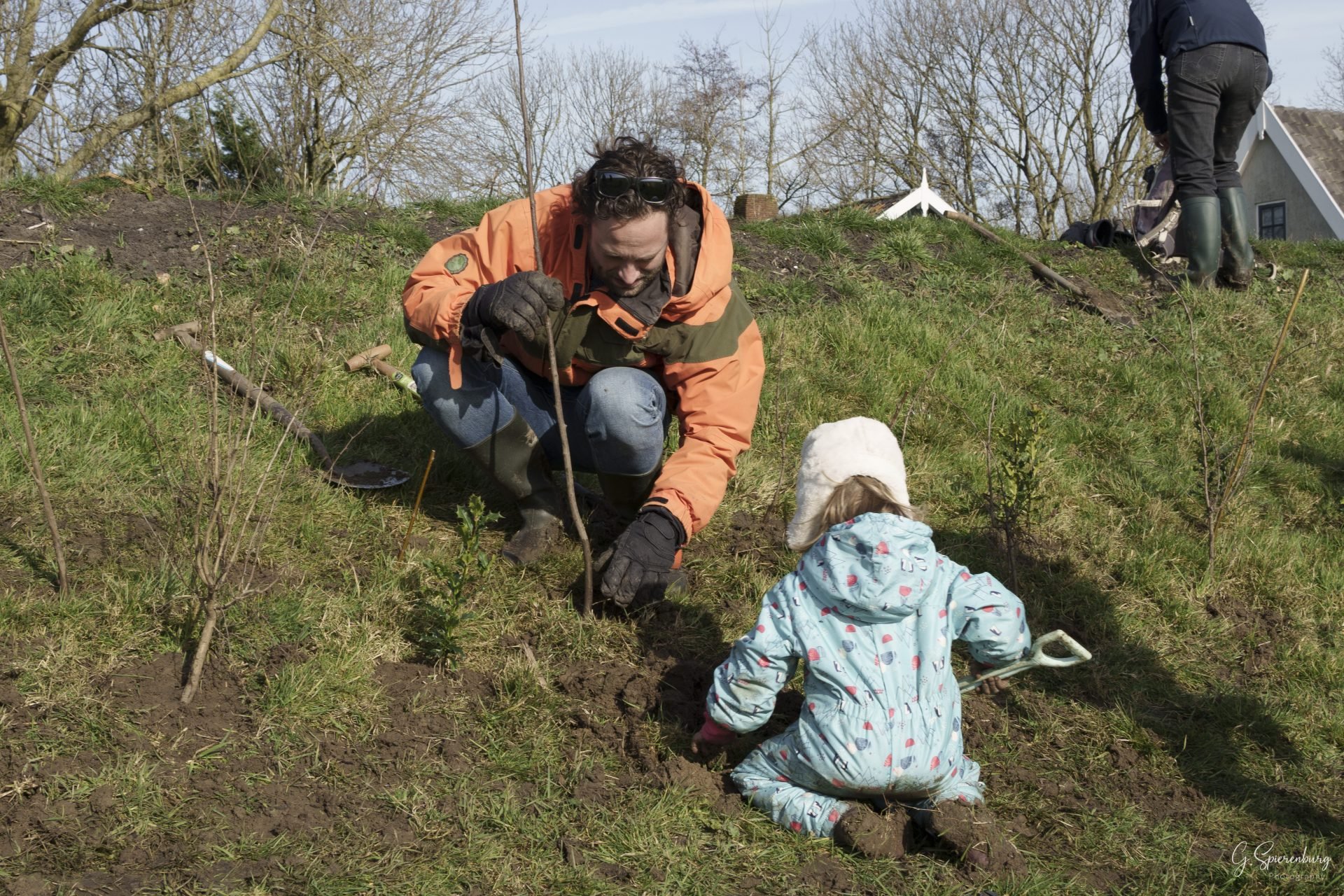DOEN Participaties invests in pioneers who follow an entrepreneurial approach to create a better world. This is the story of Bert van Son, founder and a partner in MUD Jeans, an innovative fashion label based on circular principles.
My next step in the fashion industry
Selling my fashion business in 2008 gave me time to think. What should I do next? With my network, my talent, my experience? With the little money I had? During that period, I came to realise all the things that were wrong with the fashion industry. I had worked in the industry for many years without really thinking about all the waste and mismanagement. The more I delved into it, the more bad practices I saw. I realised that change was needed.
Unnecessary environmental impact and consumption
As far as I’m concerned, we’d do away completely with the current jeans industry. It’s one of the most polluting industries and everyone wears jeans. There’s obviously nothing wrong with that, but there are so many technological possibilities and practical ways to do things differently. So what’s keeping us? You can buy one really nice pair of jeans a year, or two, instead of 20. I’ve been in the clothing business for 35 years and I come from a time when we thought in terms of a winter collection and a summer collection. That made sense to me, but then they started introducing autumn and spring collections. And now you have to create 52 collections a year to keep step with fast fashion. If you ask me, that’s totally unnecessary.
A leasing model for jeans
One day, during a session of MVO Nederland (movement for entrepreneurs in the New Economy), I was listening to Bas Luijting, an entrepreneur speaking about the circular economy. That was about seven years ago. I found this story so inspiring and thought this could work in the clothing industry. He used washing machines as an example: do you need to own a washing machine or can you simply use one? If you start thinking differently as a manufacturer, it’s a completely different story. For one, you realize that the jeans returned by users must contain materials that are easily recyclable. That’s when ‘Lease a Jeans’ was born: a leasing model for jeans. The rationale behind this is: do you have to own a pair of jeans, or is it good enough to be able to wear them until you get tired of them? Then you can send them back to the manufacturer for recycling and assigning them a new purpose.
Co-owner Dannique
A great idea born of idealism attracts beautiful people. For example, Dannique once saw me speak in Amsterdam culture centre Pakhuis de Zwijger about five years ago. She came up to me and said, ‘Yes, Mr Van Son, that was a very nice talk, but it really could be done much better. I’ll come and work for you.’ At that time, I didn’t have the means to do that. Two months later, she called me up and said, ‘I quit my job and I’m going to do a social media course to grow brands. If you pay for the course, I’ll come and do a traineeship with you and then we’ll take it from there.’ Now she’s co-owner and we’ve been able to grow the company. Today we have a management team of four who are all co-owners. And that’s amazing.
Support from the DOEN Foundation
The DOEN Foundation helped us enormously at a time when it was very difficult financially. That was about five years ago. Thanks to DOEN, we succeeded in getting through a tough period to reach a level where we could generate turnover, rent premises, pay modest salaries and attract good people. This enabled us to achieve further growth. The only organisation willing to support us financially was the DOEN Foundation.
A role model in the clothing industry
We will have succeeded as MUD Jeans if we serve as an example in the clothing industry. And we seem to be doing a good job of that, internationally too. We deliver to more than 300 suppliers in 28 countries, so we’re pretty proud of that. But we still have to generate a particular volume to be economically viable. At present, we’re just managing to break even and cover costs. The next step is to give the blueprint of our business to people who hope to apply it elsewhere in the world. They could launch the MUD Jeans concept in Australia or America, for example. This would mean we don’t have to ship goods all over the world unnecessarily.


